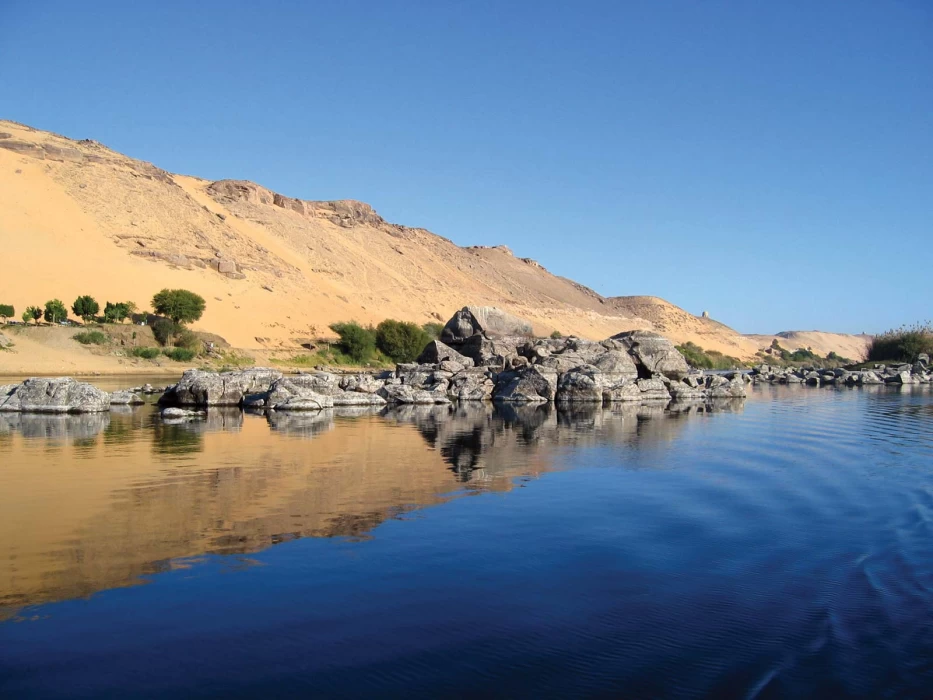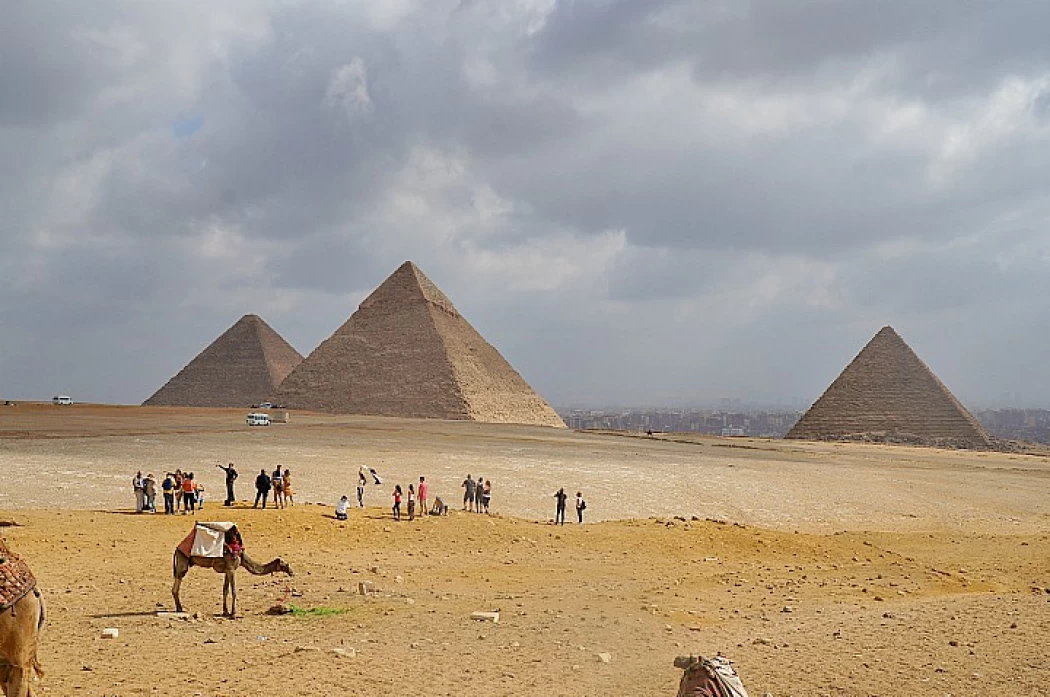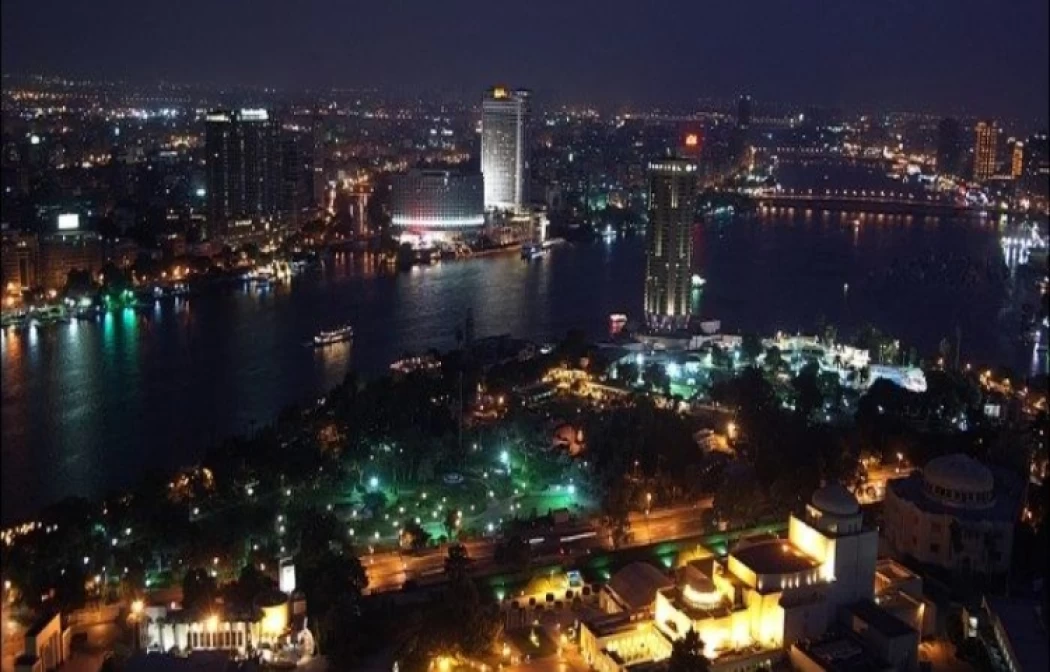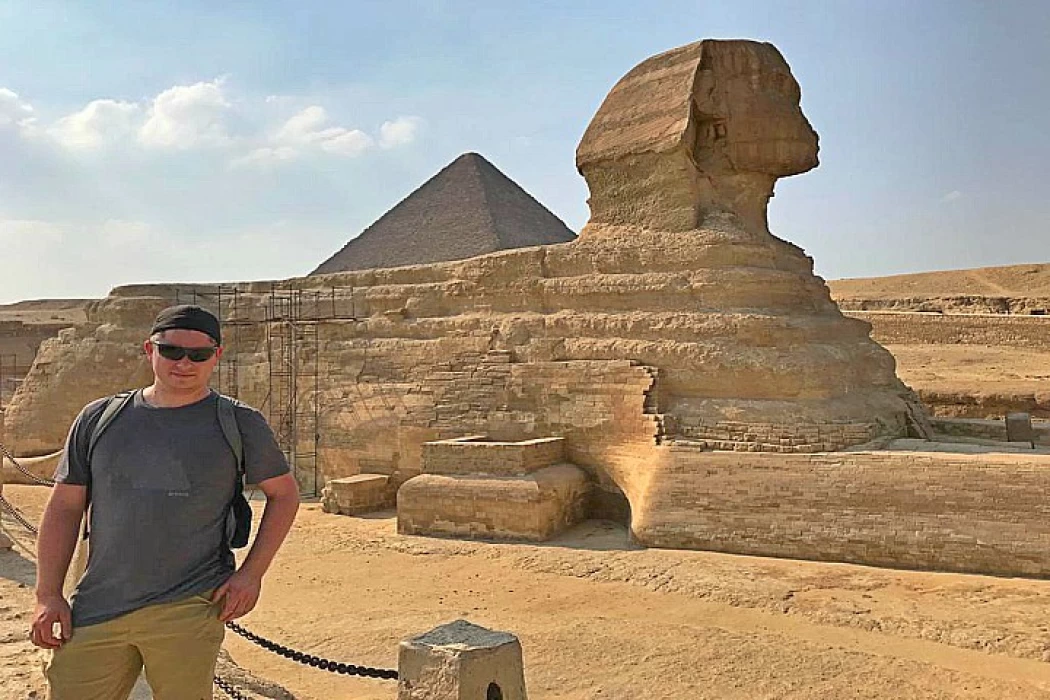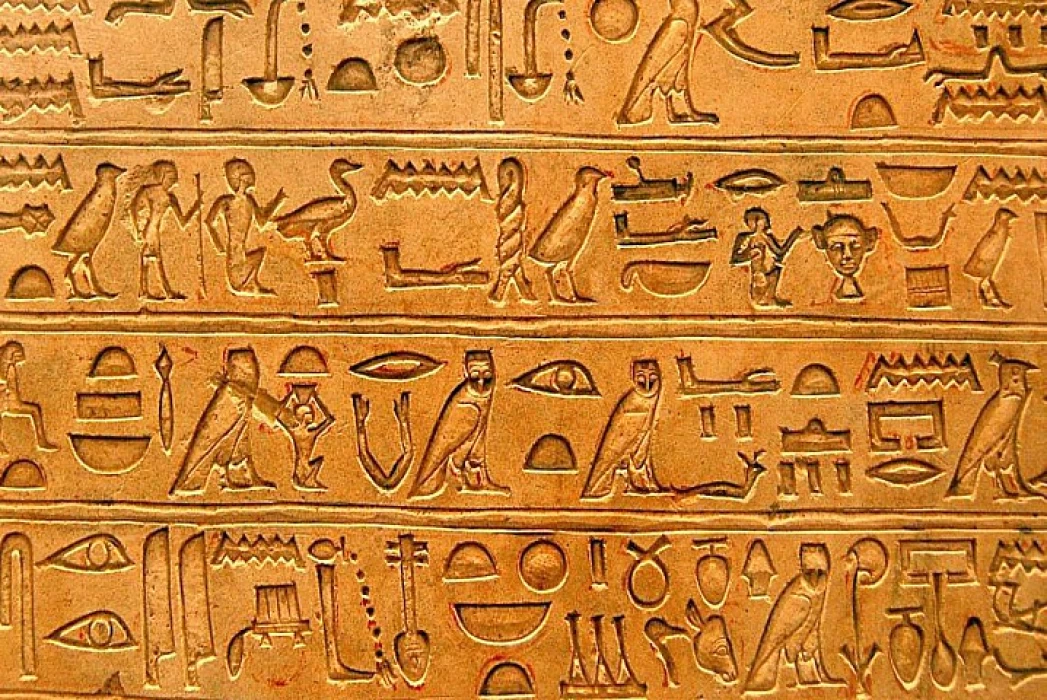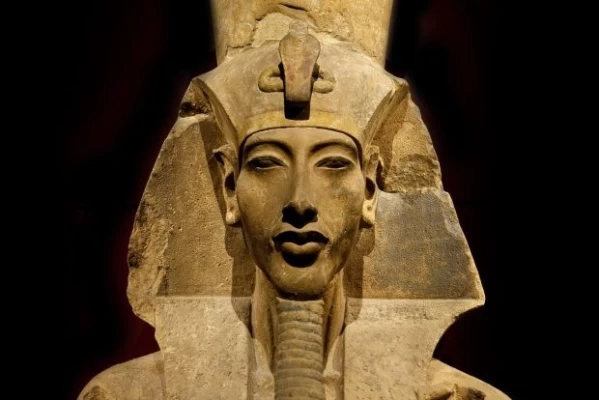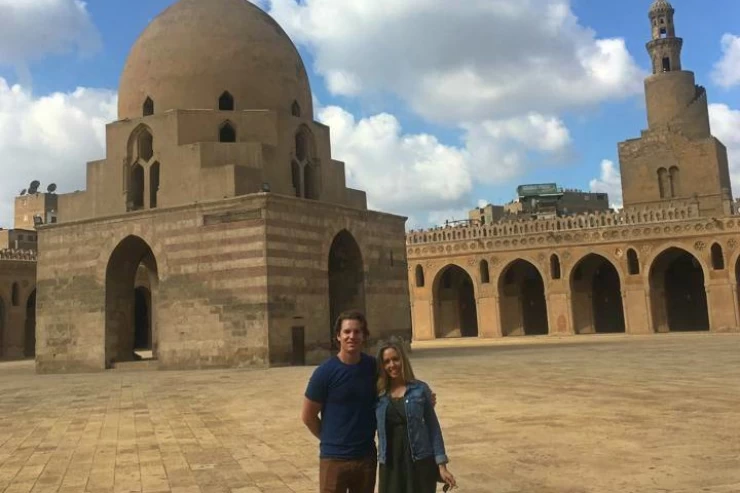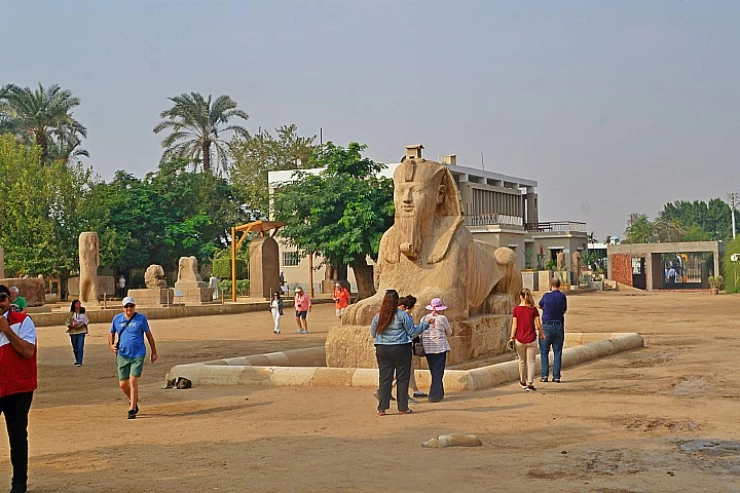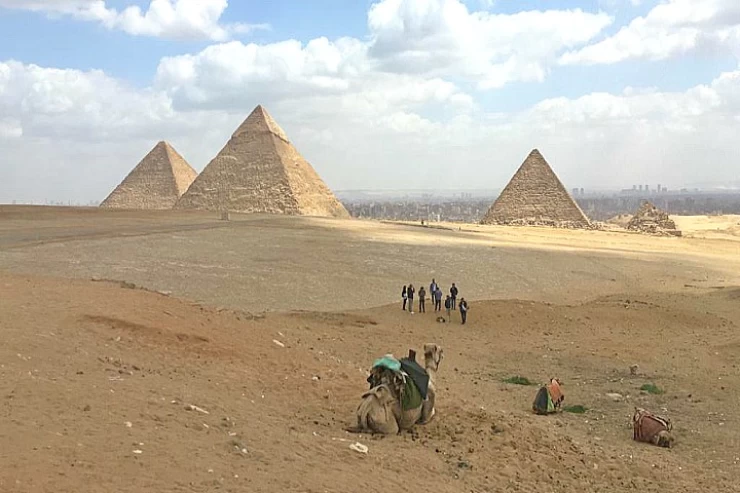camel ride, felucca, and quad biking day trip in Cairo
Overview
camel ride, felucca, and quad biking day trip in Cairo
book now for your family and your friends to enjoy together unlimited fun in only a Cairo Day Tours, if you have only a day left or only a free day you have to see Egypt on a felucca on the River Nile, and you also must experience the quad biking safari, and for the trip, you will never found anywhere else but Egypt, a trip on a camel. A trip down the Nile offers the opportunity to relax and uniquely discover the History of Egypt. Immerse yourself in the enchanting atmosphere, exquisite landscapes, and local culture during your trip.
Embark on a unique Egypt day tour that combines camel rides, felucca rides on the Nile River, and a thrilling quad-biking experience in the desert. This tour promises a fun-filled day of exploration in Cairo, where participants can enjoy diverse activities and immerse themselves in the beauty of both nature and adventure.
camel ride, felucca, and quad biking day trip in Cairo
book now for your family and your friends to enjoy together unlimited fun in only a Cairo Day Tours, if you have only a day left or only a free day you have to see Egypt on a felucca on the River Nile, and you also must experience the quad biking safari, and for the trip, you will never found anywhere else but Egypt, a trip on a camel. A trip down the Nile offers the opportunity to relax and uniquely discover the History of Egypt. Immerse yourself in the enchanting atmosphere, exquisite landscapes, and local culture during your trip.
Embark on a unique Egypt day tour that combines camel rides, felucca rides on the Nile River, and a thrilling quad-biking experience in the desert. This tour promises a fun-filled day of exploration in Cairo, where participants can enjoy diverse activities and immerse themselves in the beauty of both nature and adventure.
Inclusion
- Entrance fees to the mentioned sites in your Egypt day tours.
- transportations by AC car to and from the hotels and sites during your Egypt trips.
- bottled water.
- all taxes and charges are included in the price of your Cairo top tours.
Exclusion
- international flights.
- tipping is not included.
- any extras
Itinerary
From the beginning of the day, you will be taken the morning from your hotel by our expert tour guide, from the best company Cairo top tours, you will be transferred by AC private wheels to the sites and you will start with.
have a Camel ride in the desert, then you will have unlimited fun with luxury adventure on a quad biking safari trip around the pyramids, and then you will be taken to the great immortal Nile river to have a felucca ride trip on the shinning waters of the Nile river.
In the end, you will be taken back to your hotel, where will be our end of service.
you can check out the Egypt day tours to have more fun tours with us.
Quick tips
Check Availability
Related Articles


You Also May Like
Looking for something different? check out our related tour now, or simply contact us to tailor made your Egypt tour
Tour to Giza Pyramids and Egyptian Museum in Cairo
Don't miss the chance to be among the initial visitors to discover the concealed passageway within the Great Pyramid of Giza. Witness the marvels of the world, including the sphinx and the three pyramids. Additionally, you can observe the remarkable pharaonic artifacts at the Egyptian Museum during the day trip in Cairo.
Tour to the Egyptian Museum, Old Coptic and Islamic Cairo
Discover the significance of Egypt's city by visiting the Egyptian Museum and admiring its impressive exhibits. You can also visit the renowned landmarks and churches of Coptic Cairo that once housed the holy family and its unique icons. Furthermore, enjoy exploring the historic mosques of Islamic Cairo during your trip to old Cairo.
Cairo Excursions to Giza pyramids, Sakkara and Memphis
Embark on an extraordinary tour to witness the iconic pyramids of Giza and behold the magnificence of Egyptian pharaohs. Explore the ancient capital of Egypt, adorned with a plethora of pyramids and tombs, and unveil the concealed mysteries during your Cairo excursion.
Cairo Stopover Transit Tour | Cairo Layover Tour during the break
What about new experiences traveling through the ages? We will start by exploring the great pyramids and watching the great art of architecture, you will also discover the exceptional collection of artifacts of the Egyptian Museum. Another atmosphere, that you will enjoy during your tour in Khan El Khalili.
Egypt Trips and Middle East Reviews
Egypt Tours has gained a lot of positive reviews from travelers who praise cheap Egypt tours as reflected in our social media accounts, TripAdvisor reviews, and YouTube videos. Customers love traveling through Egypt with expert guides who remain with them throughout their journey, vividly enlivening each site they visit, from Egypt to the Holy Land.
Egypt Tours is now bombarded with glowing comments and praises from travelers who appreciate our economical tours as seen for themselves on our social media pages, TripAdvisor reviews, and YouTube videos. Traveling through Egypt is just perfect for guests who are accompanied by our expert guides bringing history alive at each site visited by the tourist throughout the journey to the Holy Land.
As you can see from our social media accounts, Trip Advisor, and YouTube videos, Egypt Tours has received a lot of positive feedback from customers who love their low-cost tours of Egypt with our experts who accompany them everywhere in Egypt to show them the history of each site they visit during their tours of Egypt and the Holy Land. As you can see from our social media accounts, and YouTube videos, Egypt Day Tour has received a lot of positive feedback from customers who love their low-cost tours of Egypt with our experts who accompany them everywhere in Egypt to show them the history of each site they visit during their tours of Egypt and the Holy Land.
Egypt Tours FAQ
Read top Egypt tours FAQs
You should get your sunscreen, a full hat to protect you from the sun, A pair of comfortable walking shoes while visiting the ancient Egyption archaelogical sites and the most important thing to bring with you is a camera to get unforgettable moments and memorable pictures.We hope you have the best time in Egypt.
Cairo Top Tours in Egypt offers culinary tours and food-tasting experiences that focus on Egyptian cuisine. These tours can be a fantastic way to explore the rich and diverse flavors of Egyptian food, including dishes like koshari, falafel, shawarma, and various sweets and desserts.
Yes, you can take a camel ride near the Pyramids of Giza. Camel rides are a popular and iconic activity for visitors to the Giza Plateau, providing a unique perspective of the ancient pyramids and the surrounding desert landscape. Here's what you should know about camel rides near the Pyramids:
Where to Find Camel Rides:
Camel rides are widely available in the vicinity of the Giza Pyramids. You'll find camel handlers and rental services in the area, especially near the main entrance to the Giza Plateau. There are also designated areas for camel rides around the pyramids.
What to expect:
When you approach the camel handlers, you can negotiate the price for a camel ride. Prices may vary depending on the duration of the ride and your negotiation skills. It's essential to agree on the price and duration before you begin the ride to avoid any misunderstandings.
Duration and Routes:
Camel rides near the Pyramids typically range from short rides around the immediate area to longer rides that may take you further into the desert. The duration and route can be customized based on your preference and the agreed-upon price.
Guides and Safety:
Camel handlers often serve as guides during the ride. They will ensure your safety and help you mount and dismount the camel. Listen to their instructions for a safe and enjoyable experience.
Views and photo opportunities:
A camel ride provides an excellent vantage point for taking photos of the pyramids and the vast desert landscape. Be sure to have your camera or smartphone ready to capture these iconic moments.
The Nile River plays a significant role in the tourism sector in Egypt due to its historical, cultural, and geographical importance. Here are some of the key aspects of the Nile's significance in Egyptian tourism:
Historical and Cultural Attractions: Many of Egypt's most famous historical and cultural attractions are located along the Nile. These include the Great Pyramids of Giza, the Sphinx, the Luxor Temple, the Karnak Temple, and the Valley of the Kings, among others. The presence of these iconic sites along the Nile draws millions of tourists from around the world.
Cruise Tourism: The Nile is a major waterway for cruise tourism. Nile River cruises offer travelers the opportunity to explore the rich history of Egypt while enjoying a leisurely journey along the river. These cruises often include visits to historical sites and temples.
Scenic Beauty: The Nile River is renowned for its scenic beauty, with lush vegetation along its banks and picturesque landscapes. Tourists are drawn to the serene and picturesque views that the Nile offers, making it a popular choice for riverboat and felucca tours.
Historical Significance: The Nile has played a pivotal role in Egypt's history, and its annual flooding, which led to fertile soil, made it the cradle of one of the world's earliest and most enduring civilizations. The river's historical significance adds to its appeal as a tourist attraction.
Cultural Experiences: Tourists can engage in various cultural experiences along the Nile, such as interacting with local communities, visiting traditional markets, and enjoying Egyptian cuisine. These experiences provide a deeper connection to the country's culture and people.
Adventure Tourism: The Nile also offers opportunities for adventure tourism, including activities like fishing, kayaking, and white-water rafting, particularly in its upper reaches.
Wildlife and birdwatching: The Nile is home to a variety of wildlife and bird species. It provides opportunities for wildlife enthusiasts and birdwatchers to observe and photograph unique species in their natural habitat.
Agricultural Tourism: Visitors interested in agriculture and sustainable practices can explore the agricultural areas along the Nile, gaining insight into traditional farming methods and the cultivation of crops like papyrus.
While Cairo is a bustling metropolis, there are several places where you can enjoy nature and find moments of tranquility within the urban landscape. Here are some suggestions:
- Al-Azhar Park.
- Wadi Degla Protectorate.
- Al-Montaza Park.
- Zamalek Island.
- Cairo Botanical Garden.
- Qanater Gardens.
- Fishawi's Cafe in Khan El Khalili
- Nile River Cruises
- quiet streets in Maadi.
- cultural and artistic spaces.
The best times to enjoy a felucca sail in Cairo often revolve around the weather and personal preferences. Here are some considerations for choosing the ideal time for a felucca ride:
Sunset:
Sunset Sail: Many consider this the most picturesque time for a felucca sail. The golden hues cast over the Nile and Cairo's skyline create a stunning backdrop.
Weather and Seasons:
Milder Weather: Spring (March to May) and autumn (September to November) typically offer more pleasant temperatures for sailing, avoiding the extremes of Cairo's summer heat and winter chill.
Daytime:
Daytime Serenity: During the day, the Nile offers a different charm, especially for those who prefer a quieter experience with fewer crowds.


Cairo Top Tours Partners
Check out our partners



